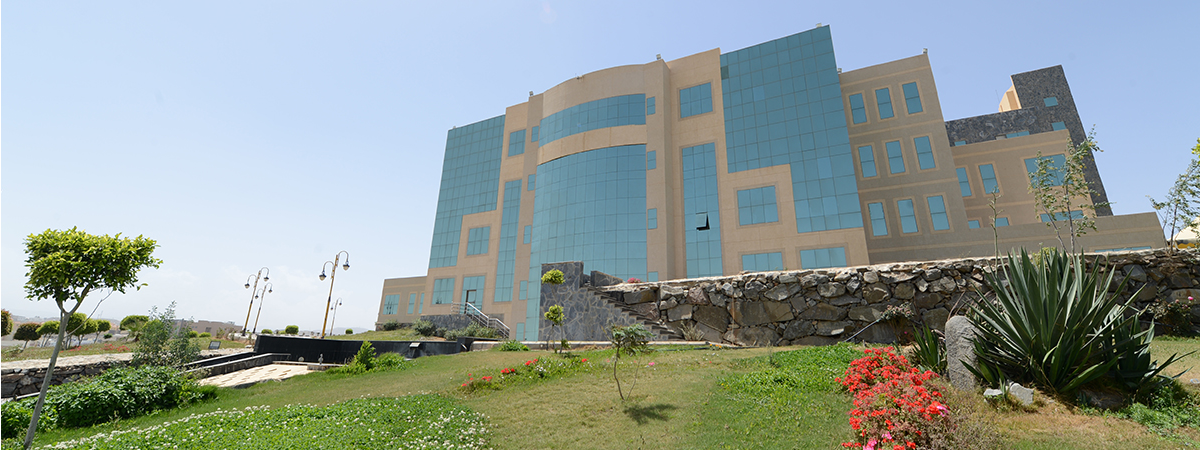The Coronavirus & Cybersecurity: Cybersecurity Administration Experts Discuss the Kingdom's Progress

The General Administration of Cyber Security, represented by the Administration of Governance Awareness, held an online training course entitled "Cyber Security in KSA: Visions, Future, and Challenges". This course, with the participation information security professionals and 500 participants, is part of the CyberSavvy Administration Training and Awareness Program, which calls for 1,000 faculty members to be trained on cybersecurity and data protection. Director of the Administration of Governance Awareness, Firas Shehbi, emphasizes that there has never been a greater time for seminars of the like due to a sharp increase in hacking, data breaches, and attacks across cyberspaces.
Head of the National Center for Information Security at King Abdulaziz City for Science and Technology, Dr. Basel Alamir, asserted that many security solutions had been discovered from universities and research centers. He referenced Claude Shannon, the American mathematician, electrical engineer, and cryptographer known as "the father of information theory". Using Shannon as an example, he pivoted into the works of several researchers such as Davy, Hellman, Rayfest, Shamir, Adelman, Tahir El-Gammal, and others who founded cryptography. Finding complex solutions to problems, explained Dr. Alamir, is the main goal of researchers in cooperation with practitioners. He also pointed out that the role of universities is to teach students how to think, learn, solve problems and make informed decisions based on the scientific method. He called on the private industry to invest in human capital and help the Kingdom's nascent talents innovate, asserting that the next tech revolution is quantum computing.
Dr. Alamir then explained that a considerable challenge to IT security, which relies on encryption and public-key cryptography, is the new reality whereby it is now possible to create algorithms for quantum computers that reduce the time it takes to hack into most any e-commerce site or obtain protected electronic information. This new development portends a future where all of our computers, banks and military facilities are vulnerable. He related that international companies have taken note and developed specialized training academies on skills essential to their security; however, this is an in-the-box approach. Instead, Dr. Alamir recommends that universities and research centers should develop strategies on quantum technology, teach quantum sciences and technologies, and invest in research and development.
Dr. Waleed Al-Rodhan, Dean of Al-Imam Mohammad Ibn Saud Islamic University College of Computer Sciences and Information, followed after and spoke about the climate and attitude in establishing specialized programs in information security throughout the Kingdom. He called for coordination with the National Cybersecurity Authority to set clear standards and to explore possibilities in program development. Dr. Al-Rodhan maintained that the establishment of undergraduate programs in information security, artificial intelligence, or cloud computing should not occur, explaining that these subspecialties are built on previous knowledge related to computer science. Additionally, he noted that universities in the Kingdom will need to increase the recruitment of world-class information security professions in order to meet or exceed international standards. Moreover, the existing infrastructure of simulation equipment and specialized labs are not currently sufficient to meet the demand, and that he noted, will need to be addressed in the near future.
General Manager of Digital Technology at STC Academy, Dr. Moudhi Al-Jamea, concluded with a presentation on roles that are in-demand based on the information security labor market, noting that cybersecurity is a relatively new specialization at the domestic level. Dr. Al-Jamea stressed the university's role in preparing students for the labor market. However, she explained that fields like cybersecurity require intrinsic motivation and dedication to autonomous learning coupled with professional certifications that are continually renewed through professional development. Dr. Al-Jamea added that companies should invest in developing the cyber capabilities of their employees, highlighting the special roles women hold in the field. This, she said, is bolstered by governmental initiatives on women's empowerment supervised by the National Cybersecurity Authority. Dr. Al-Jamea ended her presentation cautioning that cybercriminals are taking advantage of the COVID-19 pandemic to launch an insidious new round of phishing attacks.









